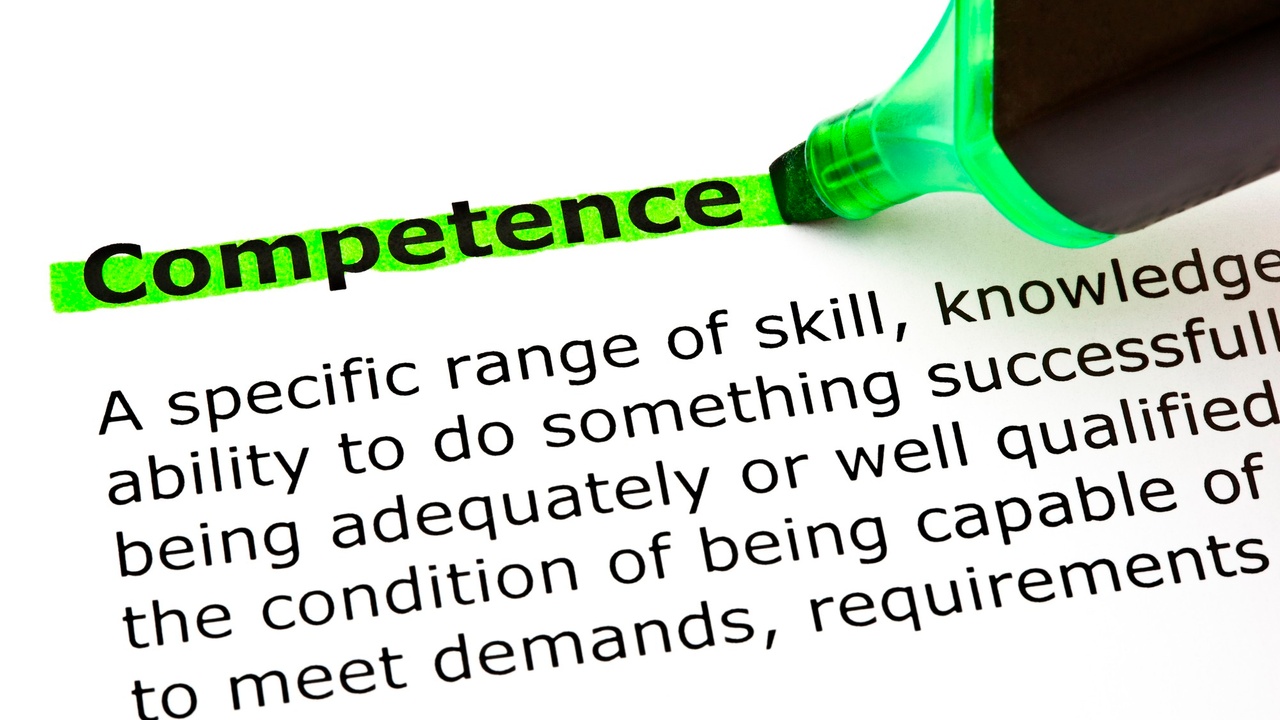
Whether you're writing an office memo, having a face-to-face conversation with an employee, or meeting with your team virtually, effective communication is the glue that holds a business together. Without it, things get lost in the mix and errors happen.
I learned this first-hand a few years ago when I asked Mark, one of my finance guys to provide a breakdown of the cell phone costs between the sales and operations teams. I was working on a new budget, and I wanted to allocate the costs proportionally to each team. They had been combined in the previous year.
Mark came back to me with the result four days later. He had created a multi-tab spreadsheet detailing every one of the 100+ cell phones the company was using. He had the costs per month, per phone, for the entire year with each one tagged “Sales” or “Operations” as appropriate. He proudly exclaimed, “42.2 % of the costs are sales related and the other 57.8% is operations.”
It was clear that a substantial amount of time and effort went into the report.
I thought to myself, “Ahhh – I can’t believe how much time he spent on this!” While he provided the result I had been seeking, the path that he had chosen was not ideal. We had experienced a disconnect,
I had simply been looking for a rough breakdown which could have been provided by looking at one month’s invoice and doing some quick calculations. Mark was a super detailed guy and wanted the info to be, “Accurate”.
Effective communication is key to reaching your goals quickly and efficiently. Not only does it ensure that things get done, but everyone feels better if they can express themselves properly. Those receiving the communication will also appreciate the clarity so that they have a better understanding of the expectation.
Here are a few tips that will help you communicate better with your employees.
Be clear and direct
Communication is all about passing information from one person to another. To prevent any confusion, you need to be clear and direct.
Begin with your main points and use specific and easy-to-understand language. Jargon and acronyms have a way of muddling the message, so use specific vocabulary as much as possible.
More importantly, don't assume that the person understands what you are (or aren't) saying.
Going back to my story, I could have saved a lot of time if I had just said: “Mark, I need a rough breakdown of the percentage split between sales and operations cell phone costs. If you look at a one-month sample, that should be good enough, and it shouldn’t take more than 15 minutes.”
Learn to listen
Many avoidable problems can be prevented if both parties actively listen to each other instead of waiting for their turn to talk. In order to absorb information, you have to listen to what is being said.
Active listening is an essential skill that can prevent conflict and help you become a more effective communicator.
Before you respond, analyze what they said. It's perfectly fine to take a few seconds to think, especially when you're dealing with a lot of information. Then repeat what you heard to check if your understanding is correct. This lets the other person know that you care about what they say.
Ask questions
Questions are one of the most effective tools for gathering information. When communicating with people, make it a point to ask questions.
Clarifying questions can help you understand what is being said and define the scope if a request is being made. For instance, if Mark had asked me how detailed the report should be, I could have told him that I only needed a simple breakdown.
Use nonverbal cues to your advantage
Your body language, tone, and facial expressions can be more revealing than your words. Nonverbal cues affect every aspect of communication, whether you’re talking to a colleague or delivering a pitch.
If your actions don't match your words, it could lead to misunderstanding and even conflict.
Let's say you want to say something positive to an employee. You can use positive nonverbal gestures to complement your words. These can include smiling, maintaining appropriate eye contact, and using a positive vocal tone.
Conversely, if you're trying to convey seriousness, smiling or a cheery tone can dampen the effect.
Choose the right medium for the message
There's no one-size-fits-all approach when it comes to communication. Think about the best way to deliver a message.
For instance, apps such as Slack work well for fast updates and water cooler banter. But when making big decisions or delivering serious news, you may want to stick to one-on-one or team meetings.
Prioritize face-to-face communication
There's no denying that email has made our lives easier, but it also has its drawbacks. Tone and nuance are often lost when writing an email, and it’s easy for the recipient to misunderstand what you wanted to say.
Make it a point to communicate with people face-to-face, whether in real life or through a phone call or video chat.
How you say it is just as important as what you say. Nonverbal cues say a lot about what you're trying to convey, and it's easier for the other person to absorb information if they can see your face or hear your voice.
Handle conflicts immediately
Conflict can lead to resentment and loss of morale and productivity. If you think that your employee misinterpreted something you said, talk to them right away.
Clarify what you wanted to say and listen carefully to their responses. Ask questions to get to the root of the miscommunication. More importantly, don't assign blame. Focus on reaching a resolution so both of you can move forward.
In summary
It takes a team to promote effective communication in the workplace. Lead by example and teach these strategies to your employees:
- Be clear and direct
- Learn to listen
- Ask questions
- Check your nonverbal cues
- Choose the best way to say something
- Putting face-to-face communications first
- Handling conflicts immediately
Do you need help with your team's communications? Let's talk.
Get Strategies, Tips, & Tactics
Subscribe to the Acreman Business Roundup and get weekly updates that will help you grow your business and build the lifestyle of your dreams.
We hate SPAM. We will never sell your information, for any reason.





